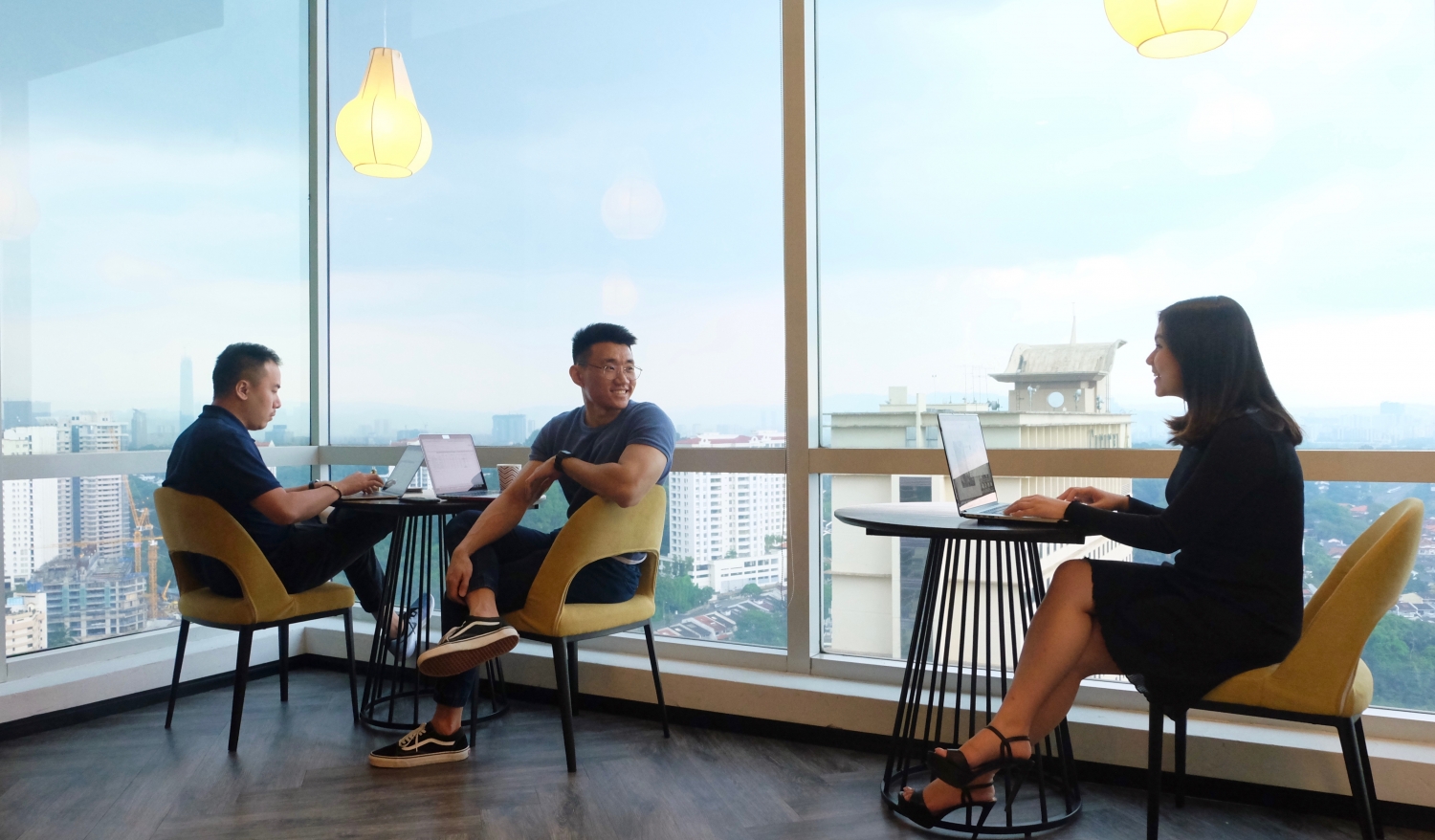As the Conditional Movement Control Order (MCO) was extended until June 9, 2020, its fourth extension since it was enforced on March 18 2020, companies in Kuala Lumpur need to be wary about returning to work full-force.
However, on May 4, when some restrictions were eased and dine-in was permitted as long as social distancing measures were put into place, we witnessed some businesses in Kuala Lumpur cautiously reopen. This reopening of the country's economy resulted in 70% of the workforce returning to work, with the Finance Minister, Tengku Datuk Seri Zafrul Tengku Abdul Aziz, stating his confidence in an economic recovery by 2021 due to the implementation of the 6R Approach: Resolve, Resilience, Restart, Recovery, Revitalize, and Reform. Currently, Malaysia is in the recovery phase of this plan.
Nevertheless, individuals and companies are cautioned against returning to their old normal: as long as there is no vaccine, standard operating procedures set by the government need to be followed.
Impact on Businesses
All across the globe the COVID-19 pandemic has impacted businesses across industries and has put pressure on companies to adopt new processes at an accelerated pace. They have had to reconsider how resources are allocated, how they plan their real estate strategy, and how they want their people to work, and Malaysia is no exception. As companies prepare to return to work, they need to have answered all of these questions to ensure the continued health and safety of their employees.
If anything, the MCO has been an eye-opener for companies on remote work arrangements. It has shown that employees don't all need to be housed in the HQ to work effectively. However, working from home has shown to have its faults and distractions that can make it hard to concentrate: housework that needs to be done, children at home with online classes, unstable WiFi, etc. Other than that, there's of course the mental strain working from home can put on people. Without the physical separation of work and life, the two can get blended and result in the disappearance of normal work-life boundaries.
Read Also: Why Work From Home Shouldn't Be Your New Normal
Therefore, we have come to realize the importance of a separate workspace: offices are essential to building culture and collaboration and providing that needed separation between home and work life. Yet, in a time when companies need to keep costs low, when social distancing measures need to be followed, and when people prefer to be closer to home, bringing people back to the office isn't necessarily the best solution.
Flexible Workspaces in Kuala Lumpur
The alternative that we are seeing companies embracing more and more is with flexible workspaces, and these are nothing new in Kuala Lumpur. In 2019, the city was recognized as the fastest growing city for coworking supply, which was enabled by the city's economic sustainability, technological inclination, and network.
The reason these have gained more popularity now is because they are community-based workspaces that offer fully-furnished workspaces with flexible and short-term contracts that are on monthly terms or even a pay-per-use basis. Flexible workspaces in short, provide greater flexibility for companies to resume full operations as soon as possible by making it possible to relocate staff within one business day.
While also acting as a community node for people to gather, the core of flexible workspaces is to provide people with options to the way they want to work. In this difficult time, when many things are still uncertain and precautionary measures continue, it's vital that companies ensure their employees feel safe returning to work. Offering the option to work at nearby flexible workspaces, which have all implemented new health and safety protocols, is one such measure companies can implement.
Another way that companies can take advantage of the benefits of flexible workspaces is by setting up a monthly company subscription package. These can be fully customized and provide daily passes to the top flexible workspaces in Kuala Lumpur. Companies can then invite employees who can book their chosen workspace and invite other team members to join them as well. This can help manage costs as well as keep track of where employees are working on a daily basis.
Hybrid Approach to Office Space
With BCP and split team arrangements likely to remain in place for a while, we expect companies to adopt a more hybrid approach to office space. We have already seen large companies implement a hub-and-spoke model: setting up their HQ and core staff in the central business district whilst shifting other employees to further office spaces outside of the CBD where rents are cheaper.
We expect this model to trickle down to SME's and evolve into utilizing flexible workspaces as companies in Kuala Lumpur return to work in the "new normal". Rather than renting several conventional office spaces, which can be costly, we expect companies to retain their HQ but look to rent flexible workspaces outside of the CBD for their non-core staff. This will help keep risks low as companies aren't tied to lengthy contracts in case the current situation changes for the worse.
If you or your company are looking to return to work soon and would like a free consultation on your office space options, don't hesitate to reach out to our Space Expert Lois at lois@flyspaces.com. We can help you get exclusive deals and discounts on flexible workspaces and help negotiate terms on conventional office spaces.




Comments (0)
Subscribe via e-mail